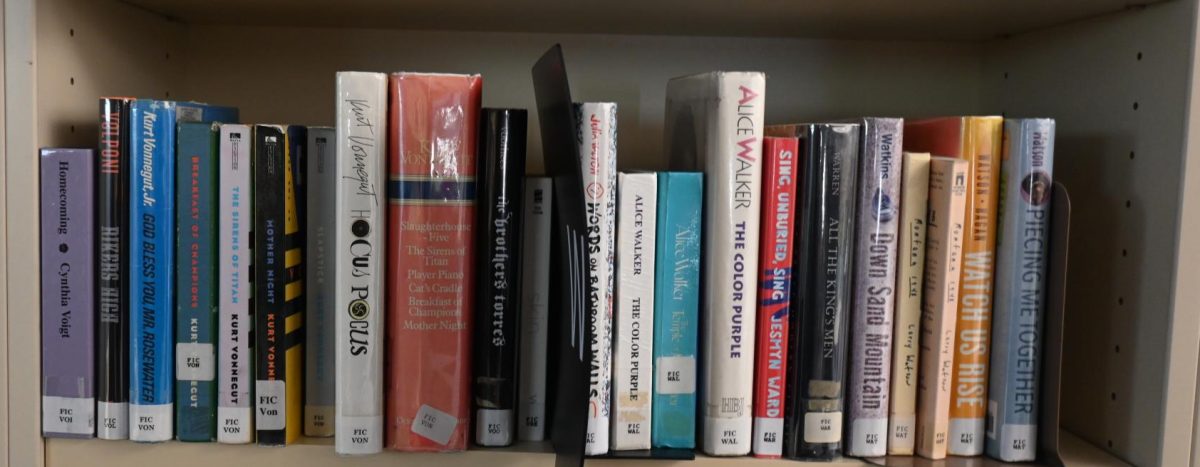
Max Rotino
“All The Light We Cannot See,” a decorated World War II novel written by Anthony Doerr, has recently been under fire for glorifying the Nazi regime. Critics claim the novel portrayed the regime in a positive light and diminished the experience of people who were victims of the war.
In addition to this criticism, many readers have stated that the book is bland and predictable, with the plot revolving around worn out tropes and archetypes. The characters have been criticized for being underdeveloped and flat, with many readers commenting that Werner and Marie-Laure were similar to many characters they had seen before, and that it was hard to empathize with their experiences.
However, English teacher John Bass said the characters are “complex and likable for various reasons, including their humanity, resilience, and vulnerability.”
Despite the backlash, the novel has been praised for its prose and use of metaphors. When asked about Doerr’s style of writing, Bass said his prose is “lyrical, sensory-rich, and emotionally powerful, blending poetic prose with a clear narrative structure.”
The novel is recognized as a stand out in historical fiction, even winning the Best Historical Fiction in 2014.
The novel has also won the Goodreads Choice Awards, the Pulitzer Prize for Fiction in 2015 and Andrew Carnegie Medal for Excellence in Fiction in the same year.
Aside from being recognized as a novel, it has a four-part TV series on Netflix released in 2023. For readers who are looking for books similar to “All the Light We Cannot See,” “The Nightingale” by Kristin Hannah has similar elements, being set in World War II Paris with a strong female main character.
Whether you loved or hated “All the Light We Cannot See,” one thing is certain: It is one of the most prominent and decorated novels of the last 11 years.